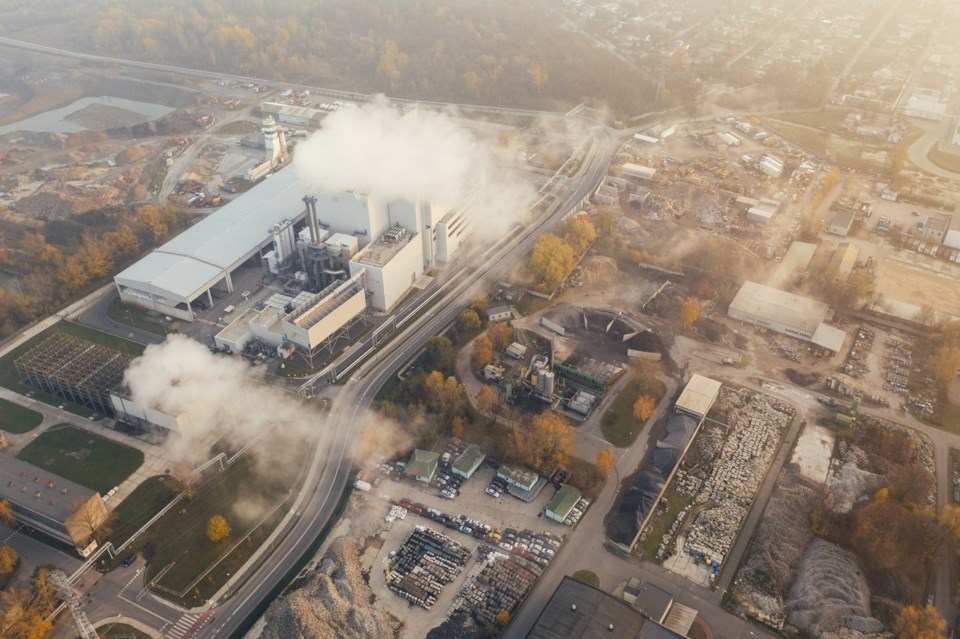The BC Oil and Gas Methane Emissions Research Collaborative (BC MERC) is releasing a report that examines the effectiveness of the province’s Fugitive Emission Management Program.
Fugitive emissions are the unintentional release of natural gas from oil and gas wells, facilities or pipelines. This may occur from breaks or small cracks in seals, valves and fittings, or when lids or caps on equipment have not been properly closed or tightened. Fugitive emissions are reduced through requirements for permit holders to complete Leak Detection and Repair Surveys (LDAR) at oil and gas wells and facilities.
LDAR data from 2020 was collected from permit holders and provided to St. Francis Xavier University to analyze and meet the following objectives:
Assess the effectiveness of comprehensive and screening LDAR surveys.
Evaluate the cost efficiency of comprehensive (optical gas imaging camera) survey methods.
Evaluate the cost efficiency of screening (audio, visual, olfactory and soap solution bubble test) survey methods.
The report outlines several issues with the data quality and finds that comprehensive survey methods were more effective at finding leaks than screening survey methods. Recommendations were made to improve the data, including, making submission of all data mandatory.
The Commission noted in a release they are working on updates to the regulatory requirements for methane emissions. The updates consider the findings of this report along with other research on methane emissions, learnings from continued implementation of regulatory requirements to reduce methane emissions and stakeholder consultations.
The Leak Detection and Repair provisions contained within the Drilling and Production Regulation came into force on Jan. 1, 2020.



